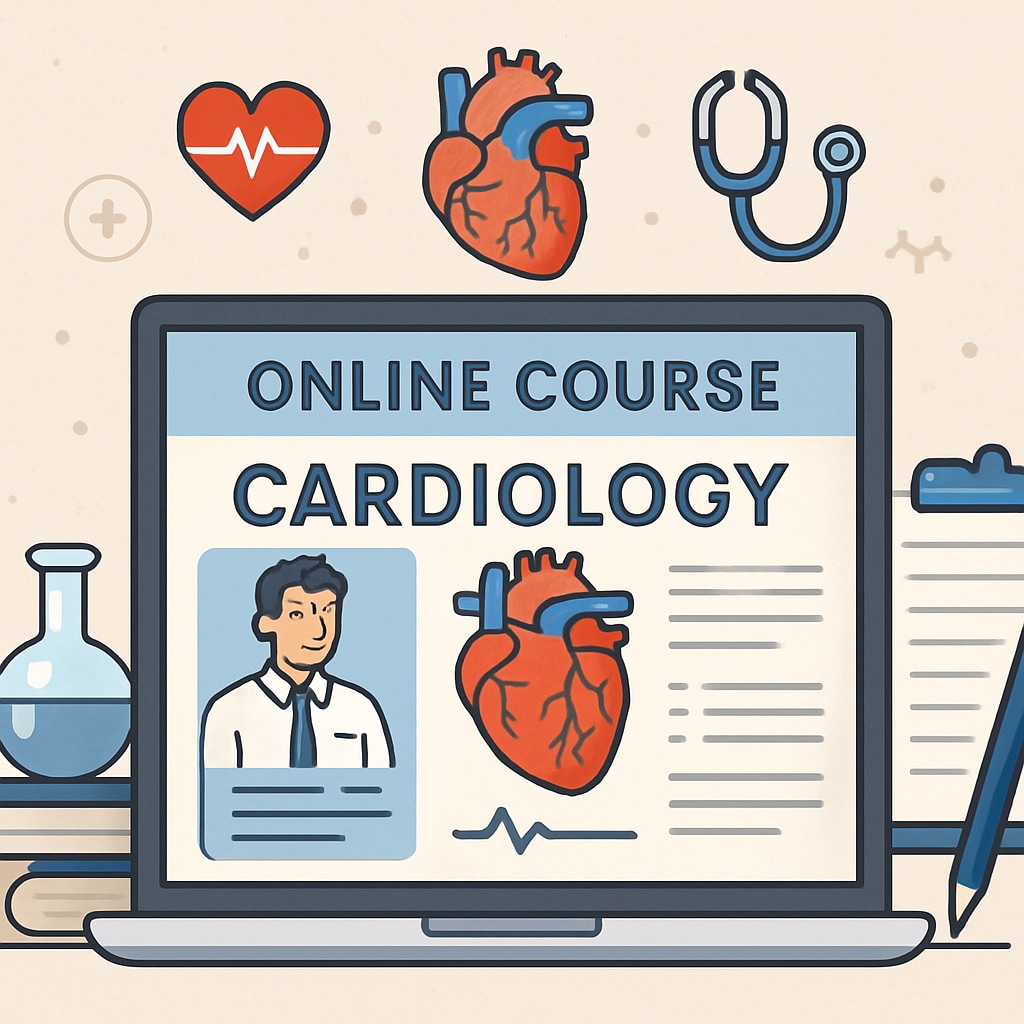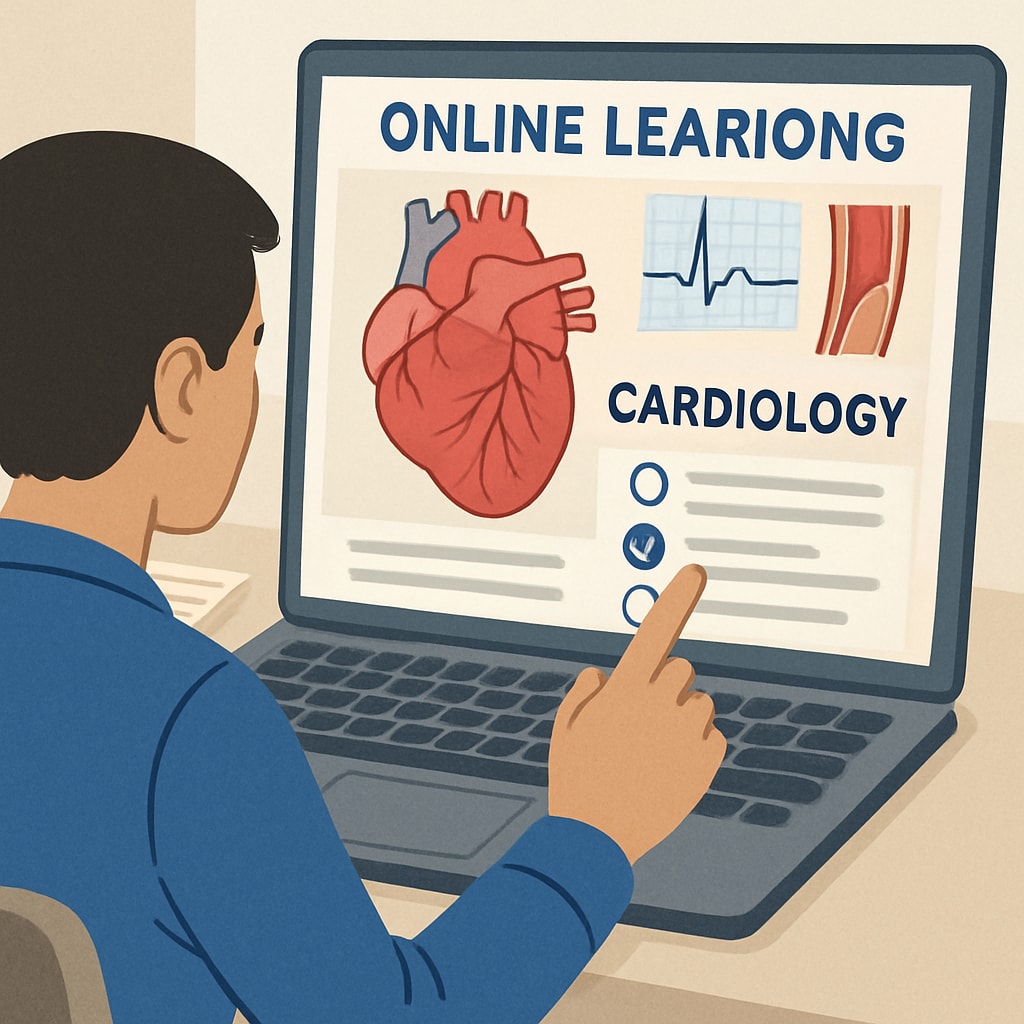With more individuals prioritizing their health and wellness, there is growing interest in acquiring professional medical knowledge among those without a medical background. Topics like cardiology—due to its direct impact on quality of life—are particularly popular. However, accessing trustworthy and understandable resources can be a challenge. This article explores the current dichotomy in medical education resources and offers suggestions on how online courses can bridge the gap for non-medical learners.
Challenges in Medical Education for Non-Medical Learners
Medical education is often divided between highly technical resources intended for medical students and overly simplistic content designed for general audiences. For non-medical professionals aiming to study fields such as cardiology, this imbalance creates a significant barrier. Highly technical resources can be intimidating and inaccessible due to complex terminology, while general content often lacks depth and fails to provide actionable insights.
For example, many professional cardiology resources assume prior knowledge of anatomy, physiology, and medical terminology, leaving non-medical learners struggling to keep up. On the other hand, basic articles or videos may gloss over critical concepts, offering little substance to those seeking deeper understanding.

Innovative Solutions: Online Medical Courses
To address this gap, many educators and organizations have started tailoring medical education resources for non-medical audiences. Online courses, in particular, have revolutionized accessibility by providing structured learning paths that cater to various levels of expertise. Platforms like Coursera, Udemy, and Khan Academy offer medical courses designed to demystify complex topics while maintaining scientific accuracy.
These courses often include:
- Interactive modules with visual aids to explain complex concepts like heart function or disease mechanisms.
- Quizzes and assessments to test comprehension, ensuring learners retain critical information.
- Access to expert-led lectures, providing insights from cardiologists and healthcare professionals.
In addition, the flexibility of online learning allows individuals to study at their own pace, making it ideal for busy professionals or those exploring medical education as a personal interest.

How to Choose the Right Online Course
When selecting an online course, it’s important to identify resources that align with your learning goals and background. Non-medical learners should prioritize courses that:
- Use accessible language while introducing medical terminology gradually.
- Provide real-world applications, such as case studies or practical examples.
- Offer certifications to validate learning outcomes and build credibility.
Additionally, reading reviews and exploring free trial options can help ensure the course meets expectations before committing financially.
For those interested in cardiology, courses like “Introduction to Cardiology” or “Basic Heart Health for Non-Medical Professionals” on platforms such as EdX or FutureLearn are excellent starting points. These courses often combine scientific rigor with accessibility, making them ideal for non-medical learners.
The Future of Medical Education Accessibility
As demand for non-medical learning resources continues to grow, the future of medical education will likely focus more on inclusivity. Hybrid models combining online learning with community-based workshops or mentorship programs might emerge, allowing learners to gain hands-on experience alongside theoretical knowledge.
Furthermore, partnerships between educational institutions and healthcare organizations could create more tailored programs for non-medical professionals. This collaborative approach could enhance the quality and accessibility of resources, ultimately empowering individuals to make informed decisions about their health.
In conclusion, bridging the gap in medical education resources is essential to meet the needs of non-medical learners eager to explore fields like cardiology. With innovative solutions such as online courses, professional medical knowledge is becoming more accessible and inclusive, enabling individuals to expand their understanding of health and wellness.
Readability guidance: Use concise paragraphs, integrate lists where applicable, and maintain clarity by avoiding excessive jargon. Include transition words to ensure smooth flow and readability.


